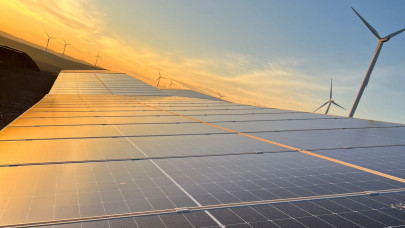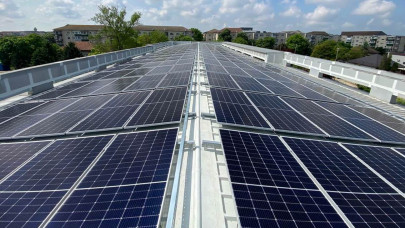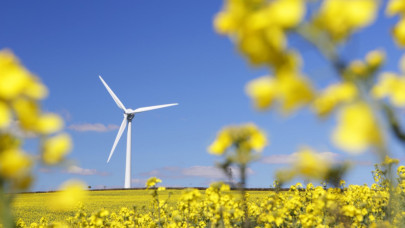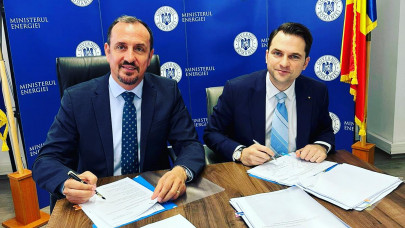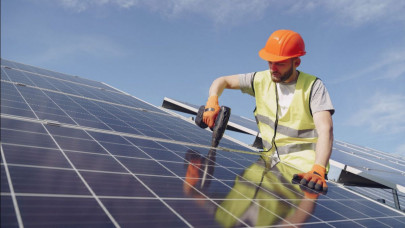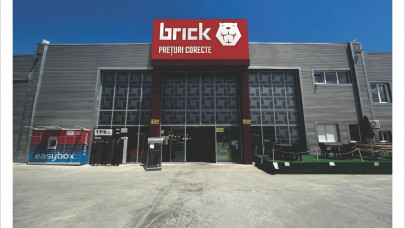In Romania in 2023, almost half of the country's population still uses wood for heating. In rural homes, the percentage is 80%, usually in old and energy-inefficient stoves with an efficiency of 15%, which means that 85% of the calorific energy of the wood is lost.
At the same time, in Romania today, the thermal energy rehabilitation rate of buildings is very low, although 8 out of 10 buildings need energy renovation, being old and energy inefficient. Several tens of thousands of other households in Romania are in an unimaginable situation: they do not even have access to electricity, a minimal need without which we cannot imagine life today, shows the Romanian Energy Poverty Observatory.
Romania must use the billions of euros intended for the green transition to solve the deep causes of energy poverty. These funds must be used to bring light to homes without electricity, to restore heating systems, and to rehabilitate inefficient buildings, especially in rural areas, where we have the highest rate of energy poverty.
"Energy is a basic need. The poorest consumers prefer to put less food on the table, but not stay in the dark or cold. There are statistics that show this. Due to increasingly frequent heat waves, energy is also becoming a necessity for cooling homes. As the Romanian Energy Poverty Observatory (ORSE) has drawn attention, summer energy poverty is a growing phenomenon, which affects especially the elderly, children, and in general people with low incomes who live in poorly insulated homes", says the ORSE expert.
All these complex factors that lead to vulnerability or energy poverty must be analyzed with responsibility by the state institutions, so that in a crisis the solutions are no longer subsidies for everyone, a much too expensive treatment.
"The energy price capping - compensation system cost 18.7 billion lei until August. This is in the conditions where, at the macro level, we have a budget deficit of 38.6 billion lei in the first seven months of the year. To cover the budget deficit, new tax increases are now waiting for us, which will fall on the citizens, among whom are the beneficiaries of capping compensation - a vicious chain. So, we can no longer cover some big bills permanently, without looking at the condition of the homes and the real needs of the consumers, without seeing what the respective home could do to reduce its energy costs, including accessing clean energy sources, such as photovoltaic panels or heat pumps", says Corina Murafa.
She states that the review of the energy price capping and compensation scheme is imperative. It would give us the opportunity to define the vulnerable consumer properly, in a complex way, not just according to some arbitrarily set income thresholds, as now.
"We urgently need a national strategy to combat energy poverty, an obligation provided for since 2012 in the Energy Law. It's 2023, 11 years later, and the strategy doesn't exist. This national plan must contain measures to solve the causes of energy poverty. Among the solutions, we can use loans with preferential interest so that Romanians can thermally rehabilitate their homes, replace their current old stoves with energy-efficient ones, and install solar panels, photovoltaics, and heat pumps. Given that only 3% of rural homes have been renovated so far, it is absolutely necessary to have a thermal energy rehabilitation program that addresses individual homes, especially those in rural areas. These are systemic, structural measures that can make a difference not only in the short term but also in the medium and long term in support of vulnerable consumers", she adds.
Last but not least, we must educate the consumer on how to monitor their consumption, how to use energy more efficiently, and what financing solutions are available.
The Romanian Energy Poverty Observatory (ORSE) is a project initiated by the Center for the Study of Democracy, a think-tank established in 2006 within the Department of Political Sciences, Faculty of Political, Administrative and Communication Sciences, "Babeș-Bolyai" University in Cluj, within which it functions as an accredited research center.
The aim of this initiative is to provide a 360-degree perspective on energy poverty at the national level, as well as the necessary expertise to combat this complex phenomenon, which affects a large part of the population.


